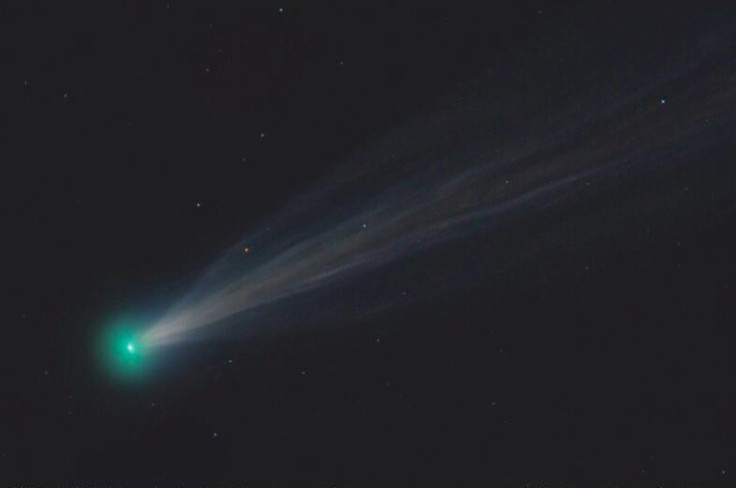Earth set for close encounters with two comets due to pass next week

Earth will have one of the closest encounters with a comet ever recorded, when Comet P/2016 BA14 makes a flyby early next week. The comet will come within 2.2 million miles of the planet according to Nasa's Center of NEO (near Earth objects) Studies (CNEOS) at the Jet Propulsion Laboratory in Pasadena, California.
Only comet D/1770 L1, popularly known as Lexell's Comet, has come closer. Named after the Finnish-Swedish astronomer Anders Johan Lexell, it was just 1.4m miles away when it passed Earth in 1770.
Astronomers expect another comet, called 252P/LINEAR, to pass Earth on Monday, 21 March, at a range of around 3.3m miles – the third-closest ever recorded. Roughly half the size of its predecessor, BA14 will arrive the following day.
Paul Chodas, manager of CNEOS, said BA14's approach will be the closest a comet gets to us in the next 150 years.
It is not a threat, he said. "Instead, it is an excellent opportunity for scientific advancement on the study of comets," he added.

Because their orbits are "remarkably similar", he told Nasa's wesbite that astronomers were still trying to work out whether they were related to one another.
"We know comets are relatively fragile things, as in 1993 when comet Shoemaker-Levy 9 was discovered and its pieces linked to a flyby of Jupiter," he said. "Perhaps during a previous pass through the inner solar system, or during a distant flyby of Jupiter, a chunk that we now know of as BA14 might have broken off of 252P."
Comet 252P is expected to arrive at around 12.14pm GMT on 21 March while BA14 will likely appear at around 2.30pm GMT.
"Anyone hoping to see them will need powerful, professional-grade telescopes, due to their relatively small size," Nasa warned, but an event like this is not expected to occur again in our lifetime, they said.
© Copyright IBTimes 2025. All rights reserved.




















